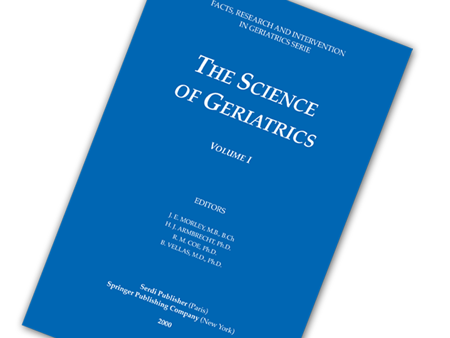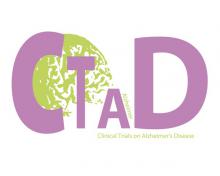Objectives: To assess the attitudes and knowledge of health care professionals, who work with long term nursing home residents, with respect to key factors that influence malnutrition. Methods: Based on the results of a comprehensive literature research, a qualitative study was carried out by conducting problem-centered and structured interviews with healthcare professionals (N=25) from different professions. Each individual qualitative interview consisted of 10 open and problem-centered questions. Specific areas of interest were problems experienced by nursing home residents, useful measures that could be taken in cases of malnutrition and the prevalence of malnutrition in the nursing homes. 80 items were extrapolated from the interviews, transferred to a 5-point Likert-like scale questionnaire and included in an electronic survey, which was sent out to the 25 experts who had already been interviewed. Raters were first asked to rate the items according to their professional opinion and, second, according to the current state of nursing homes in Austria. Results: 77% of the 80 factors that may influence the treatment of malnutrition were identified as important, having an arithmetic mean (Ø a.m.) = 4.15. The top five determinants were: two factors related to kitchen food (i.e., “age-adapted texture and portion size” and “quality, freshness, taste, appearance and smell”), further education of nursing staff, interdisciplinary cooperation and education of dietitians. The evaluation of the 80 factors in terms of their status quo resulted in an Ø a.m. of 2.94. No factor was rated higher than Ø a.m. 3.74 in terms of its status quo (i.e., according to guidelines). The status quo quality was evaluated critically especially with regard to financial support and education. Conclusion: A gap exists between the attitudes of health care professionals and the status quo (what is being done) in Austrian nursing homes.
Jour Nursing Home Res 2016;2:27-33



